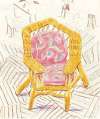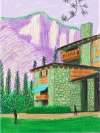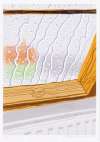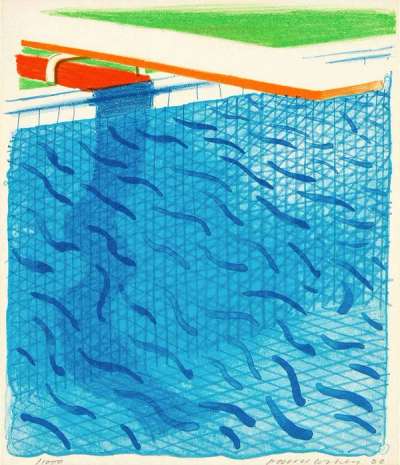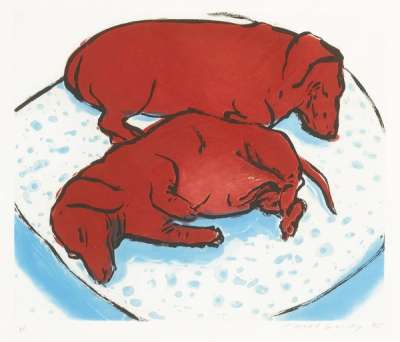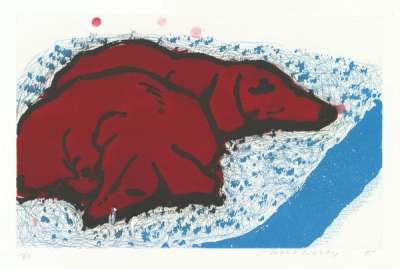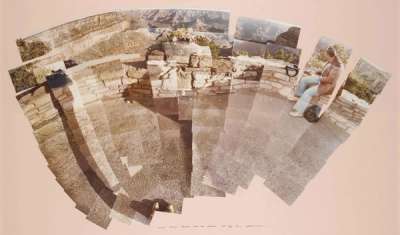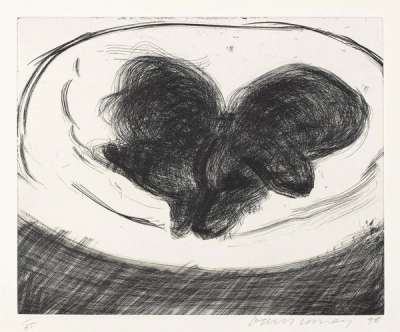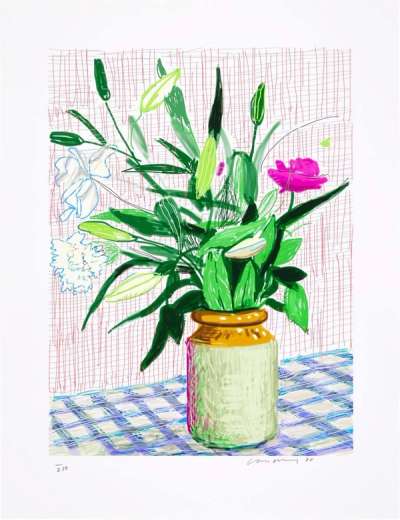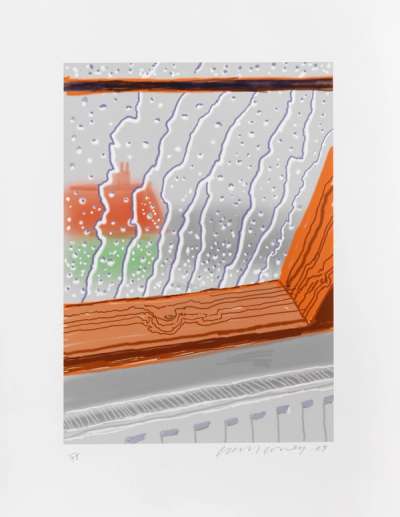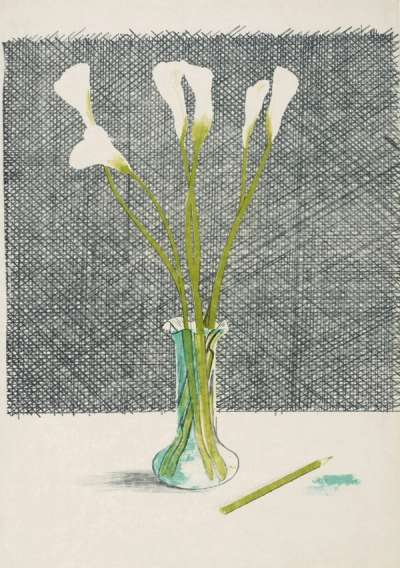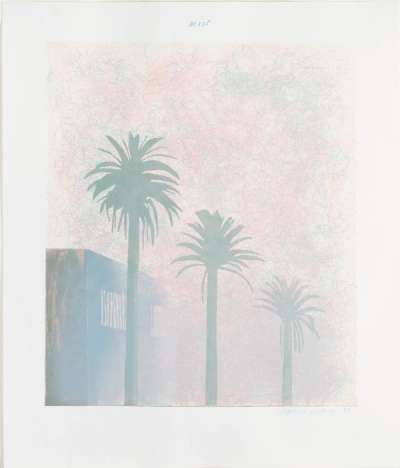David
Hockney
One of Britain’s most beloved Pop artists, David Hockney is best known for his unforgettable, brightly coloured paintings and collages. Explore his current market performance in The Collector's Guide To The Print Market In 2025. If you’re looking for original prints and editions for sale or considering selling, request a complimentary valuation and browse our network’s most in-demand works.
David Hockney art for sale
Discover David Hockney prints for sale, exclusively available through our private network of collectors. Explore signed and unsigned screenprints, lithographs, digital prints, and rare editioned proof prints by era-defining blue chip artists.
Sell Your Art
with Us
with Us
Join Our Network of Collectors. Buy, Sell and Track Demand
Biography
British-born David Hockney is a renowned painter and printmaker, best known for his bold, bright and experimental works. Hockney has experimented with a variety of mediums throughout his artistic career. Dabbling in the latest technologies, Hockney has delved into the realm of digital art, even utilising the Brushes application on his iPad to capture his celebrated landscapes.
In the 1980s Hockney launched into manufacturing photocollages. He discovered he could execute evocative pieces using the Polaroid shots he took and went on to create photography works such as My Mother, Bolton Abbey, 1982. Eventually, Hockney decided to return to painting after he found photography to be a limiting medium for his artistic scope.
Hailing from Bradford, Yorkshire, Hockney has explored a lifelong interest in different ‘ways of looking’ through his art, experimenting with a vast array of processes, media and styles in his long and illustrious career.
Swimming pools are a focal point of Hockney’s artistic oeuvre. Hockney’s series of paintings known as The Splash and A Bigger Splash were executed in 1966 and 1967 have proven to be iconic artworks in British Pop Art. These works perfectly capture and immortalise the ‘splash’ of an unseen swimmer entering a Californian swimming pool on a sunny day and mimic a snapshot from a camera.
Hockney continues with his lifelong muse, the swimming pool, in his celebrated 1972 Portrait of an Artist (Pool with Two Figures), where the prospect of illustrating two figures in varying motions excited him. The painting portrays Hockney’s former lover, Peter Schlesinger, standing over a figure swimming towards him in the pool. The painting is now Hockney’s most expensive work ever sold, selling for US$90.3 million at Christie’s, New York.
Between January and April 2021, the Royal Academy of Arts organised The Bigger Picture exhibition, exhibiting 50 years' worth of his landscape paintings to the public.

